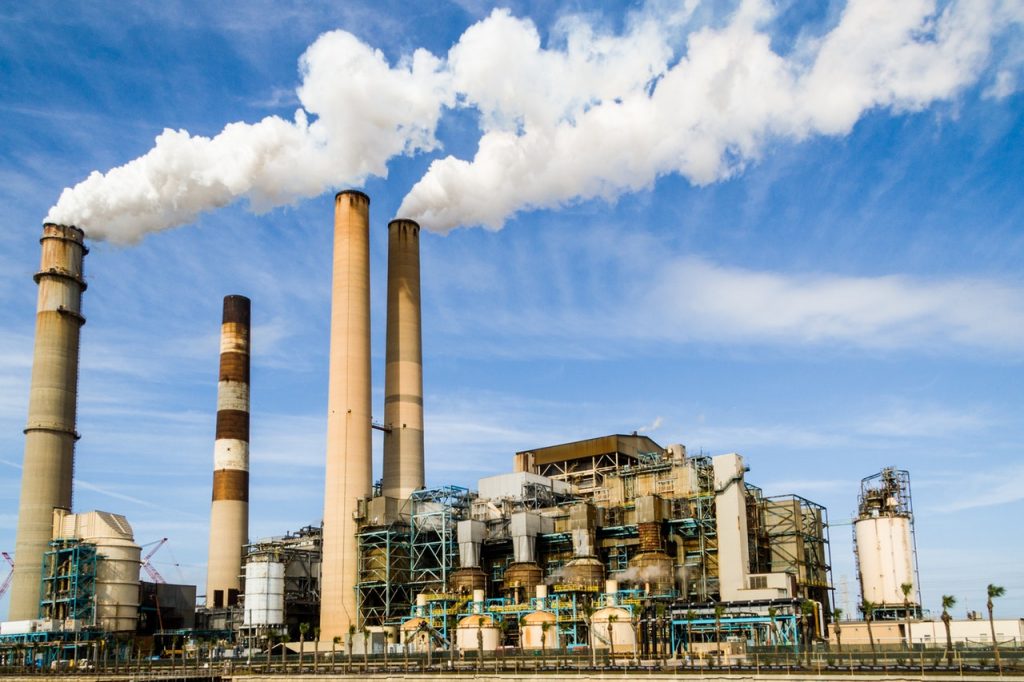Demineralization Plant/DM Plant-MB Plant

About Us
Manufacture Parts
Wholesale Products
|| Related Parts and Products ||
PRODUCT 1
Demineralization Plant/DM Plant-MB Plant
Natural water includes many dissolved solids in the dilute forms they are typically different types of salts. Though, these solids are called TDS. The Demineralization is a procedure of purifying water by removing the mineral salts from water through an ion exchange process.
On the other hand, we can say, the Demineralization process helps the removal of mineral ions, like calcium, magnesium, iron, and sodium from water. This process is mainly used for specific industrial applications, boiler feed water, & other process to produce high-purity water.
However, Penguin Water Technologies offers an excellent Demineralization Plant to remove the minerals salts from water.
This plant consists of two 2 stages- One is Cation Exchange and another is Anion Exchange.
Cation Exchange-
It is a process for softening hard water & removing certain metal ions, such as calcium, sodium, and magnesium from water. We can also say, Cation Exchange is an ion exchange procedure where positively charged ions are exchanged between the water & a resin solid.
Anion Exchange-
It is a water treatment process to remove certain impurities from water. Though, this method is mainly effective in eliminating the negatively charged ions, like chloride & bicarbonate from water. The Anion Exchange process includes the use of an expert resin that can easily exchange one type of anion for another when water passes through it.
Advantages of Demineralization Plant/DM Plant
Here are a few advantages of the demineralization plants:
- This plant effectively eliminates dissolved salts, minerals, & ions from water, hence resulting in purified water.
- A demineralization plant can be a cost-effective solution. It means this plant is more affordable to operate & maintain than other water purification techniques such as reverse osmosis (RO) or distillation.
- DM plants produce less waste compared to other purification techniques like distillation.
- These plants can be customized to remove particular contaminants or accomplish different levels of purity.
Last but not least, Demineralization technology is a tried & true method of water treatment. It generally works on ion exchange & degasification principles. Also, this plant offers mineral-free water.
